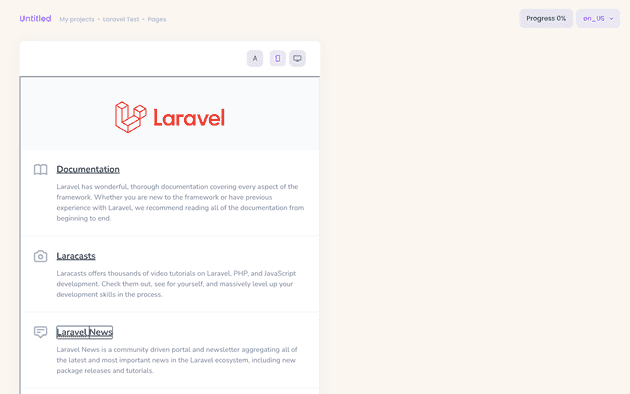There are so many CMS products out there but in this post we will try to focus on a few of the most popular ones.
Most popular CMS in 2022
The most commonly used CMS today are:
- WordPress
- Joomla
- Drupal
- Wix
- Shopify
- Magento
WordPress
One of the oldest CMS written in PHP. Has a vibrant ecosystem, many plugins and themes. Often a target for cyber-attacks because it’s so popular and well studied. Very easy to manage content but some plugins are not compatible – if you need something very-very customised, it might not be possible with standard methods.
Joomla
As old as WordPress, but never got as popular as WordPress. Perhaps, due to its slightly higher complexity and uneven UX. Also written in PHP.
Drupal
Another popular PHP CMS. A bit harder to create design templates but overall a nice content update interface.
Wix
Wix is a cloud CMS meaning you don’t have to manage any servers or pay for hosting yourself. Instead, you just open their interface in the browser and start working. This means it’s easier to start, but you are limited to what they already have among their features.
Shopify
A cloud CMS with a focus on ecommerce. It’s been taking over the world in the past several years - many of the websites that you use (eg your local coffee shop) use Shopify behind the scenes, and you haven’t even realised. Very vibrant ecosystem. You don’t have to pay for hosting but obviously you have to pay Shopify.
Magento
A commercial CMS – you have to pay for the license. Often seen as an enterprise-level CMS so while it’s more powerful, prepare to pay more for Magento developers and customization.
Alternatives
Alternatively you could connect your existing tech stack (eg. Laravel, Django, Ruby on Rails, React) to Paragraph which is a service that turns any software product into a CMS by importing all your pages, steps and communications to their interface, where you can edit things in-place:
Then you can edit all your product components as if it was a CMS, not a custom tech stack. Try it, maybe it will suit your needs!
